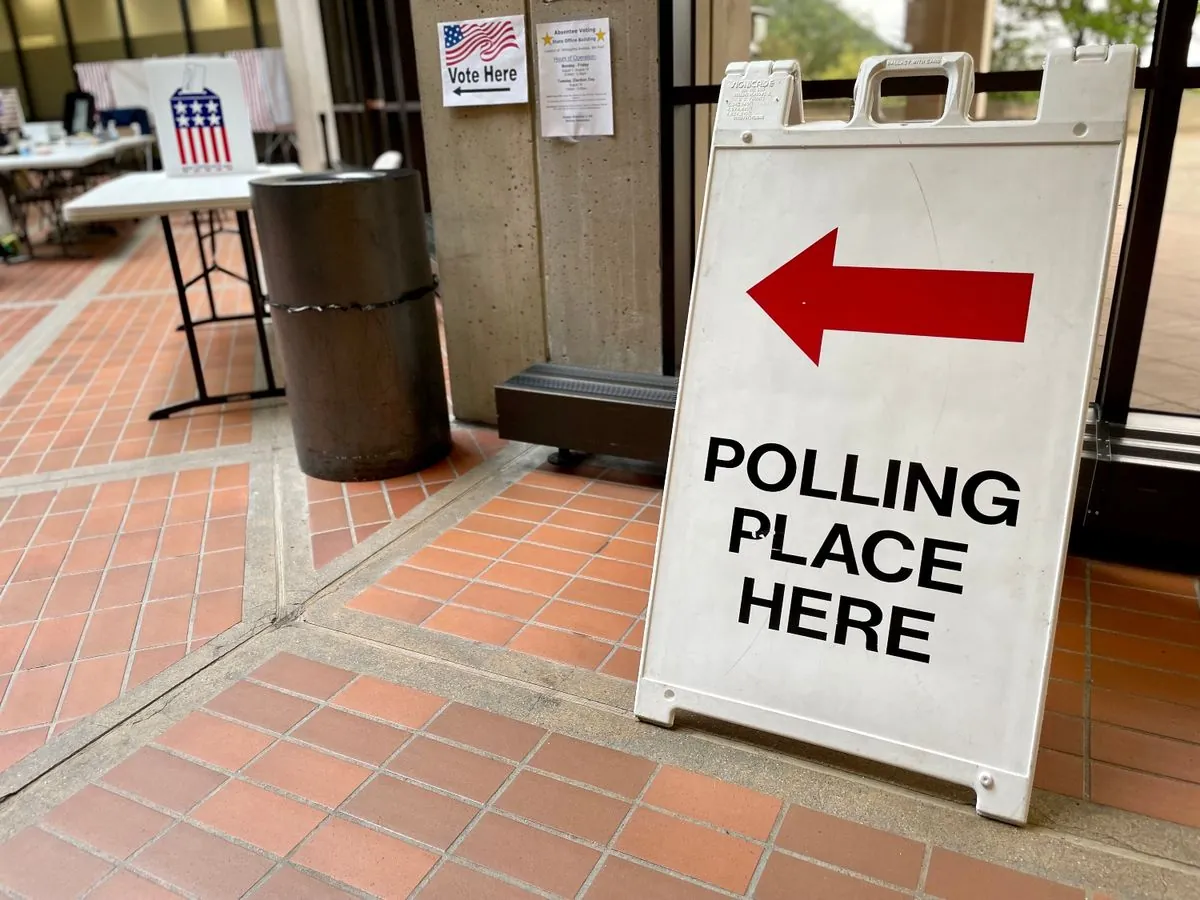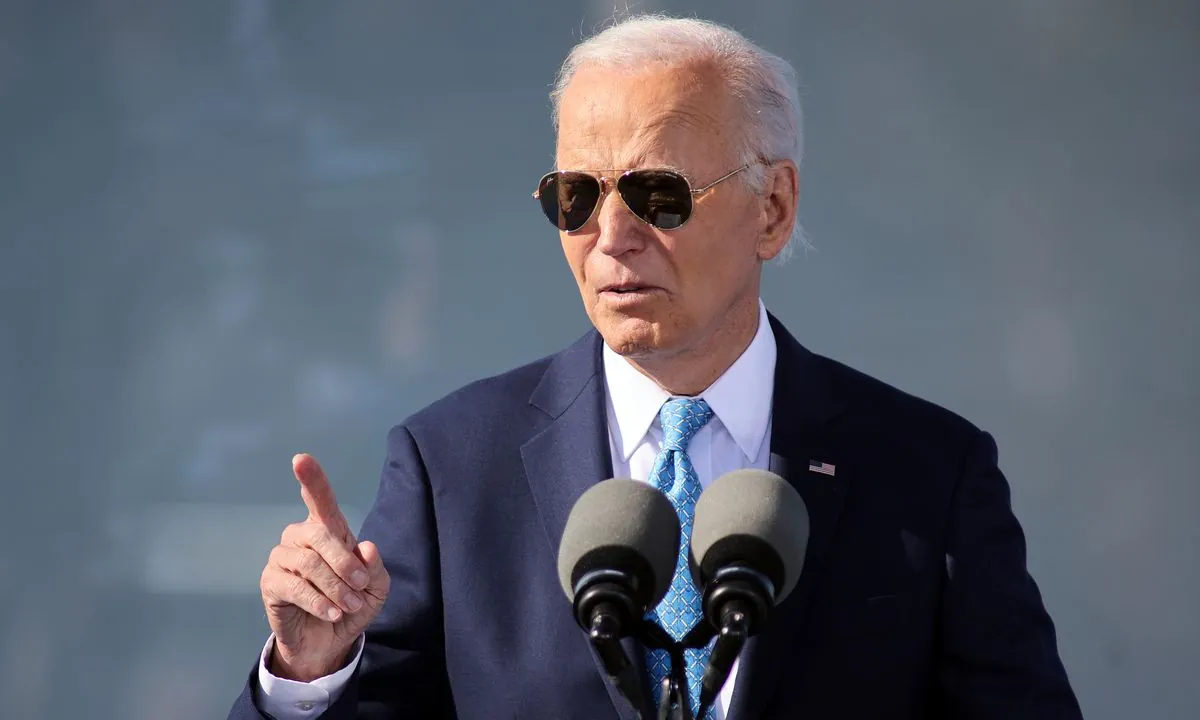Alaska Rep. Peltola Navigates Political Tightrope in Reelection Bid
Alaska's first Native congresswoman, Mary Peltola, faces challenges in her reelection campaign. Her non-partisan approach, while appealing to some, has sparked controversy in the polarized political landscape.

In the vast expanse of Alaska, a political drama unfolds as U.S. Representative Mary Peltola seeks reelection. Peltola, who made history in 2022 as the first Alaska Native in Congress and the first Democrat to hold the state's sole House seat in five decades, now finds herself navigating a complex political landscape.
Peltola's campaign, which initially emphasized civility and bipartisanship, has encountered obstacles in today's polarized environment. Her decision to maintain neutrality in the presidential race has sparked controversy, particularly her refusal to endorse presumptive Democratic nominee Kamala Harris. This stance led to a backlash, forcing Peltola to clarify that she would not support former President Donald Trump.
The upcoming primary on 2024-08-20 will be crucial in determining the contenders for the November election, which could potentially influence control of the U.S. House. Under Alaska's open primary system, the top four candidates will advance to the ranked choice general election.

Peltola faces 11 challengers, with Republicans Nick Begich and Nancy Dahlstrom emerging as her main competitors. Dahlstrom, the current lieutenant governor, has secured an endorsement from Trump. The race dynamics differ significantly from the 2022 special election, which saw nearly 50 candidates vying for the seat following the passing of long-serving Republican Representative Don Young.
Alaska's unique political landscape is further shaped by its voter-approved open primary and ranked choice general election system, implemented in 2022. This system has been both praised and criticized, with Peltola's success often cited as evidence for its effectiveness or need for reform.
"On the president, my opinion doesn't matter at all. We are not a swing state; we're very, very far away from being anywhere close to a swing state. So for people to demand a certain reaction, it's a waste of energy."
Peltola's non-partisan approach, while appealing to some voters, has also led to frustration among others. Her vote with Republicans on a resolution criticizing Vice President Harris's role in border management further alienated some supporters.
The political landscape in Alaska is unique, with the majority of registered voters not affiliated with any party. This fact underpins Peltola's reluctance to make endorsements, stating, "I just think it's important for people to make up their own mind." It's worth noting that Alaska last supported a Democratic presidential nominee in 1964, highlighting the state's long-standing Republican leanings.
As the primary approaches, Peltola's campaign continues to navigate the delicate balance between appealing to a broad electorate and maintaining support from her base. The outcome of this election will not only shape Alaska's representation in Congress but also provide insights into the effectiveness of the state's new voting system in reflecting voter preferences.


































